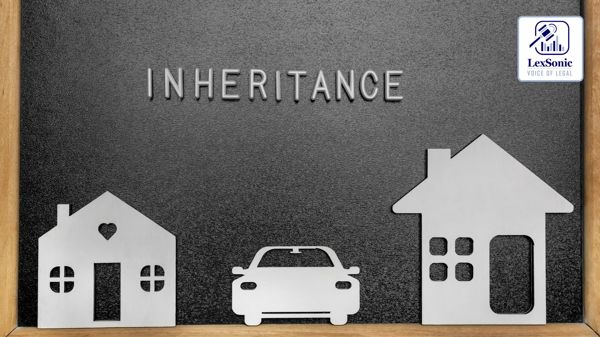Supreme Court Upholds Validity of Joint Will: High Court’s Reliance on Section 67 Set Aside.
03 September 2025
Wills/Trusts >> Family Law | Inheritance and I.S.A >> Inheritance
After Pius (2004) and Philomina (2008) died, some of the heirs brought an action for partition, alleging that their parents had passed away intestate. They argued that the will was illegal, having been signed under undue influence and fraud, as their father was unwell and their mother lacked mental capacity to read the document. They further contended that one attesting witness was the wife of the appellant, so the will was invalid under Section 67 of the Indian Succession Act, 1925.

The Trial Court, after considering the evidence, held that the will had been validly executed and established, and there was no fraud, misrepresentation, nor mental incapacity of the testators. It also accepted the neurologist's evidence that Pius was of sound mind when executed. The Appellate Court upheld these findings, highlighting that the parents had made a meticulous arrangement in detail to care for their children, including monetary gains and land previously demised in favour of one child.
But in second appeal, Kerala High Court invoked Section 67 of the Indian Succession Act suo motu and formulated another important question of law. It argued that since the will was witnessed by the appellant's wife (DW5) and even the appellant himself was a beneficiary, the gift in his favor was void. This caused intestate succession to be declared, thus awarding an equal share to all heirs.
Consequently, the Supreme Court overturned the High Court's judgment and reinstated the validity of the joint will of 27.01.2003. The appellant was, however, ordered to fulfill the will's obligations under the will by paying the said amounts to the other siblings within three months, in default of which interest and charge would be charged on the property. The appeal was accordingly granted, with no order as to costs.
Section 67, Indian Succession Act - 1925
Section 100., Code of Civil Procedure - 1908
